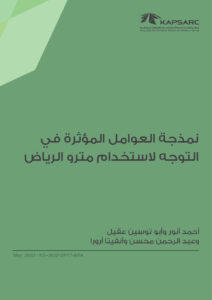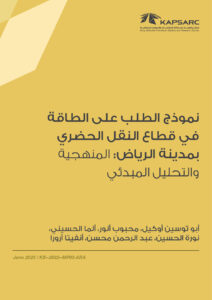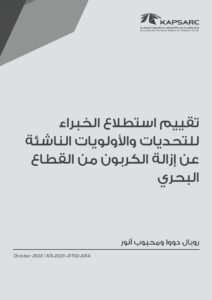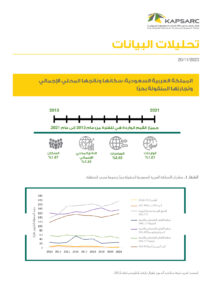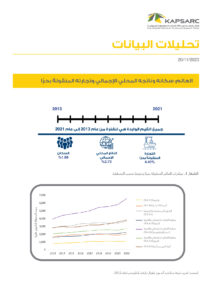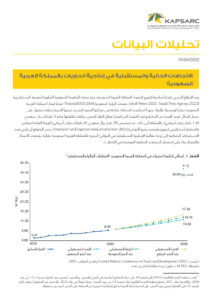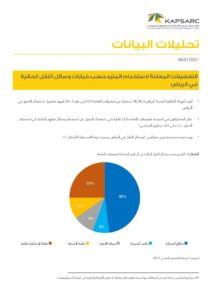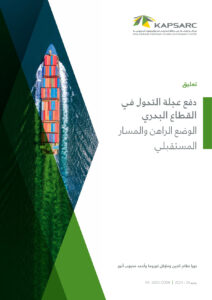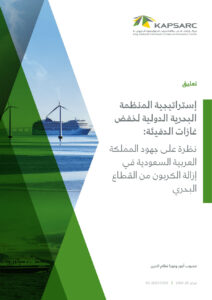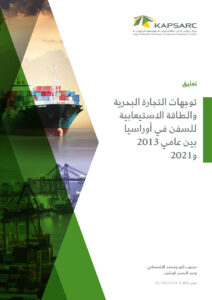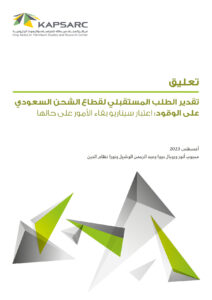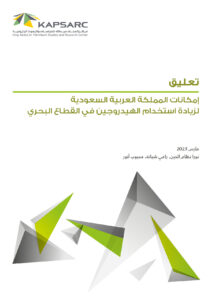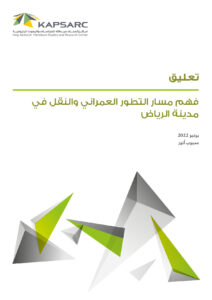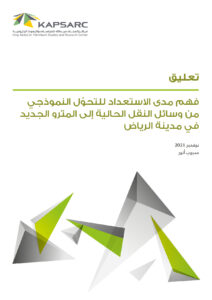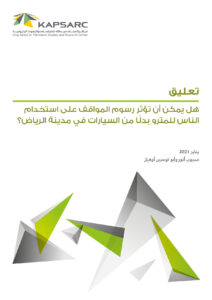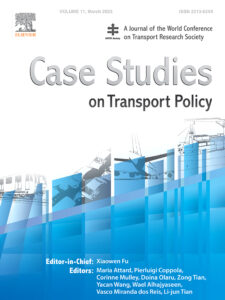محبوب زميل باحث في كابسارك. ويقود حاليًا نموذج كابسارك لصنع القرارات المتعلقة بالطاقة في القطاع البحري، الذي ينتج عنه نتائج بحثية ومدخلات استشارية لمنظومة الطاقة في جميع أنحاء المملكة. يبحث هذا المشروع في أنشطة الموانئ المستقبلية، بما فيها التجارة البحرية واستهلاك الوقود في قطاع النقل البحري محليًا وعالميًا. كما يعمل على مشروع كابسارك لنظام الطاقة المكانية في المدن. وعمل قبل انضمامه إلى كابسارك مخططًا للنقل في مؤسسة لوسائل المواصلات في نيو ساوث ويلز، وهي مؤسسة حكومية تابعة للدولة، وباحثًا في جامعة ولونغونغ في أستراليا. وقاد عملية تحديث حالة النقل في مناطق نيو ساوث ويلز كونها جزء من خطتها الإستراتيجية لمستقبل النقل لعام 2056م. كما عمل محاضرًا في جامعة خولنا في بنغلاديش، ثم ترقى إلى أستاذ في تخطيط النقل للمدن. وهو حاصل على درجة الدكتوراه مع إشادة المناقشين على الأطروحة المتميزة من جامعة ولونغونغ، حيث ركزت أطروحته على نمذجة تباين تفضيل المسافرين.
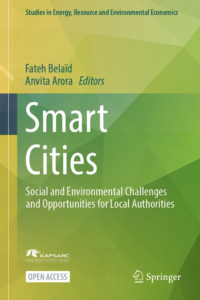
Smart Transportation Systems in Smart Cities: Practices, Challenges, and Opportunities for Saudi Cities
Smart transportation is an approach that incorporates modern technologies into transportation systems to improve the efficiency of urban mobility. Cities worldwide call digital technologies to harness their development to address potential challenges and concerns, which provoke technology-driven practices in urban context. Big data and technologies now offer tools, techniques, and information that can improve how cities function. Consequently, urban process and practices are becoming highly responsive to a form of technology-driven urbanism, that is the key mode of production for smart urban development. This furnishes the prospect of building models of smart sustainable cities performing in real time from routinely available data. This in turn allows to monitor, understand, analyze, and plan such cities to improve their urban efficiency and promotes new urban intelligence functions as an advanced form of decision support. Although technology-driven approach to transport analysis and management is emerging as smart city principle, the application is limited in the Kingdom of Saudi Arabia (KSA). This chapter investigates the potentials and the role of technology-driven solutions in improving and advancing urban transport management in the context of smart cities. It also explores the relevant practices as well as potentials in smart urban development context for Saudi cities. Our approach of technology-driven urban management will envision cities as a complex social and technological ecosystem and build on lessons learned from the research at city level and conceptualizes actors and institutions in a technology-driven urban management for Saudi cities toward achieving liveable smart city. Read Book Chapter
1st أكتوبر 2023
